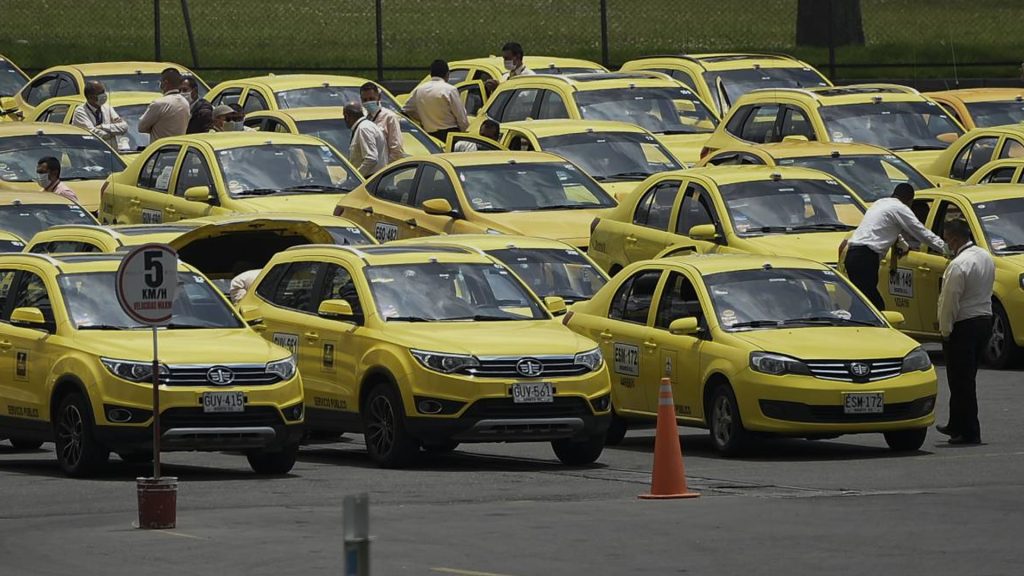In partnership with the European Union (EU), the government of Peru is proposing important measures to accelerate the transition of the vehicle fleet to electric mobility.
The strategy consists of financing the conversion of 10,000 cabs to electrified cars. The plan was announced by the Peruvian Minister of Production, Raul Perez-Reyes, who emphasized that the project would apply to gasoline-powered vehicles.
According to the authority, a regulatory package to implement the initiative will be announced during the second quarter of the year.
Read also: First universal Charging Center Opens in Costa Rica
Key Focuses
The objectives of the program are to reduce high carbon dioxide emissions and promote job creation in industries and workshops that are responsible for the transformation of the vehicle fleet.
“In Lima there are between 150,000 and 200,000 cabs, the idea is to have a goal in the first year of the program’s deployment of some 10,000 cabs so that those that are totally gasoline-powered can be converted to an electric motor,” Perez-Reyes told EFE news agency at the presentation of the “Al-Invest Verde” plan, financed by the European Union (EU).
The minister assured that this change of engine will be profitable both for vehicles that use liquefied petroleum gas (LPG) and for those that need gasoline, which will save between 50% and 70%, according to estimates.
Resources
The minister explained that the conversion would be “self-financed” by the cab driver himself, although he pointed out that in some cases they will need a conversion bonus which, although not yet defined, he estimated to be around US$ 3,000, which may vary according to the vehicle’s conditions.
In order to carry out this electric conversion, the Minister of Production explained that it will be necessary to train and certify the workshops that can carry out the engine change with safety guarantees, something which, in the Minister’s opinion, will promote the creation of jobs in a cleaner industry.
Regarding the supply of electric cars, Pérez-Reyes proposed a subsidy to the companies in charge of installing supply points for the quick recharging of the batteries -which takes between 20 and 40 minutes-, which requires more electric power than conventional homes have.







